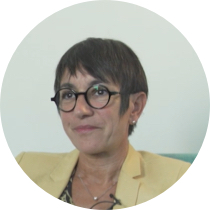
Sogelink designs, develops and markets business solutions dedicated to the construction and the property management sectors. Sogelink is a SaaS solutions provider offering its customers workflow management, regulatory risk compliance and topographical services.
Investment year: 2016
Sector: Software development
Revenues 2018: €38m
Staff: 158 (FTE)
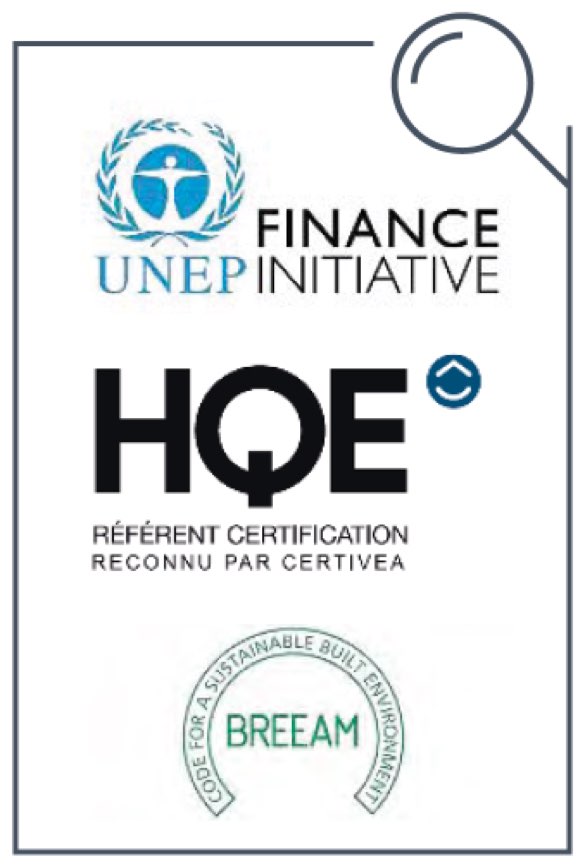
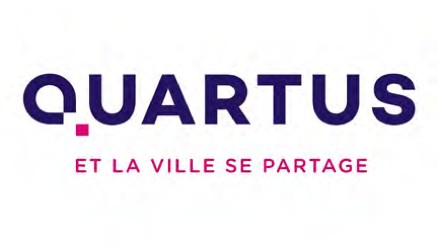
Groupe QUARTUS is an urban designer offering diversified expertise in real estate services to a vast variety of clients (retail, corporates, local communities, investors). The Group offers services such as property development (residential, tertiary, logistics, real estate mixed use projects, senior residences) and property management (senior residences, asset management).
Investment year: 2016
Sector: Real estate - Property development and management
Revenues 2018: €280m
Staff: 300 (FTE)



Regarding our construction activities, we have decided to go through a green label certification process for 100% of our housing projects. As a consequence of this objective, the energy performance of our buildings is better than the current mandatory level. However, we have to permanently improve our performance in order to anticipate and keep abreast of constantly evolving regulations as well as adapting to the demands of our clients. This is especially useful when operating in a construction cycle lasting several years in order to avoid any kind of obsolescence at project delivery.
The Group is currently working on a better assessment of its site environment and impact based on a dynamic research project with IBM (Watson). Another ongoing project is assessing the energy consumption and GHG emissions (greenhouse gases) of buildings. The assessment should enable the Group to set a target-based policy derived from national policy on GHG emission on the following 4 topics : i) embodies energy and GHG emissions (construction material), ii) energy performance for running buildings (mainly mechanicals), iii) energy (mainly electricity) linked to occupants’ appliances and iv) impact of transportation linked to the buildings’ location and transport facilities.
To read the full interview, click here
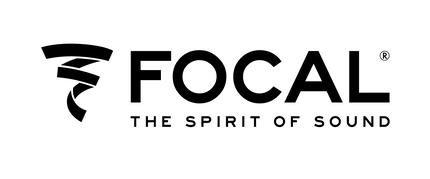
FOCAL-NAIM designs, develops and manufactures high fidelity loudspeakers, drivers and electronics. Focal and Naim are well known brands in their respective markets. They both ally passion, tradition and technological perfection. The Group distributes its products all over the world through independent dealers and distributors.
Investment year: 2014
Sector: Consumer goods - High Fidelity Audio Products
Revenues 2018: €96m
Staff: 366
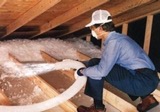
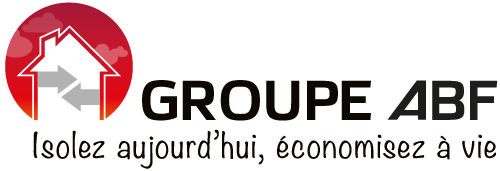
ABF is the leading French player for loft insulation, serving both professionals (house building companies) and end-user clients (individuals). The Group is mainly based on glass wool blown-in technics (or trays), representing 90% of the activity and which can be used for broad applications (new-built and retrofitting housing).
Investment year: 2018
Sector: Construction (thermal insulation)
Revenues 2018: €50m
Staff: 220 (FTE)

ABF has faced significant expansion with the development of the French Energy Saving Certificates, supporting ambitious energy efficiency measures on buildings. These certificates, credited by registered agencies, are generated by companies like ABF for their services in favor of the energy transition: ABF’s insulation services result in improved energy efficiency and therefore reduced energy consumption of buildings. Thanks to its activity and m² insulated, ABF can sell the ESC it generates to companies which need to fulfill their energy saving targets.
In a context where obtaining the RGE (Reconnu Garant de l’Environnement) certification is essential for generating the Energy Saving Certificates, the quality of the services is a material issue for ABF. The RGE certification enables to identify companies qualified to carry out energy renovation work and whose expertise is certified in terms of building energy efficiency.
“The transition to a low-carbon economy represents an opportunity for ABF and its subsidiaries. Indeed, the political willingness to reduce GHG emissions by focusing on building energy renovation will allow us to develop our client portfolio.”

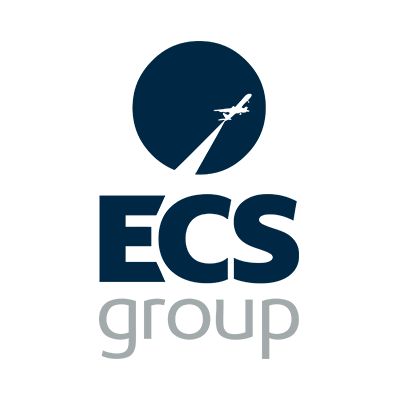
ECS is a General Sales & Services Agent (GSSA) providing outsourcing solutions to airlines, acting on their behalf to sell their cargo spaces to freight forwarders (organising the logistics of shippers). ECS markets and manages their cargo capacities. The Group also offers a wide range of services such as administrative support, yield management and handling supervision.
Investment year: 2018
Sector: Air cargo logistics & optimization
Revenues 2018: €1.4 billion
Staff: 1,105 (FTE)

Created in 1998, ECS has experienced significant growth both organically and through acquisition of local companies, and in line with the globalization of its business activity. Operating in 47 countries, it quickly appeared essential to focus on the Group’s governance: anti-corruption and its existing regulations, respect of human rights and conflict of interests.
The ESG audit systematically conducted by external experts before investing, highlighted the material ESG thematic that, as newly majority shareholder in ECS, we wanted to discuss with the management of the company. We organized a meeting with the top managers in our Paris office. Alongside the financial criteria, we intended to discuss the main points of concerns on extra-financial criteria and worked on the implementation of the ESG roadmap. In this case study, we focus on the “G” and more specifically on Business Ethics.
“When conducting the ESG due diligences, we were pleased to see that ECS was already in advance with regards to business ethics and compliance thematic, in line with increasing clients’ expectations.”

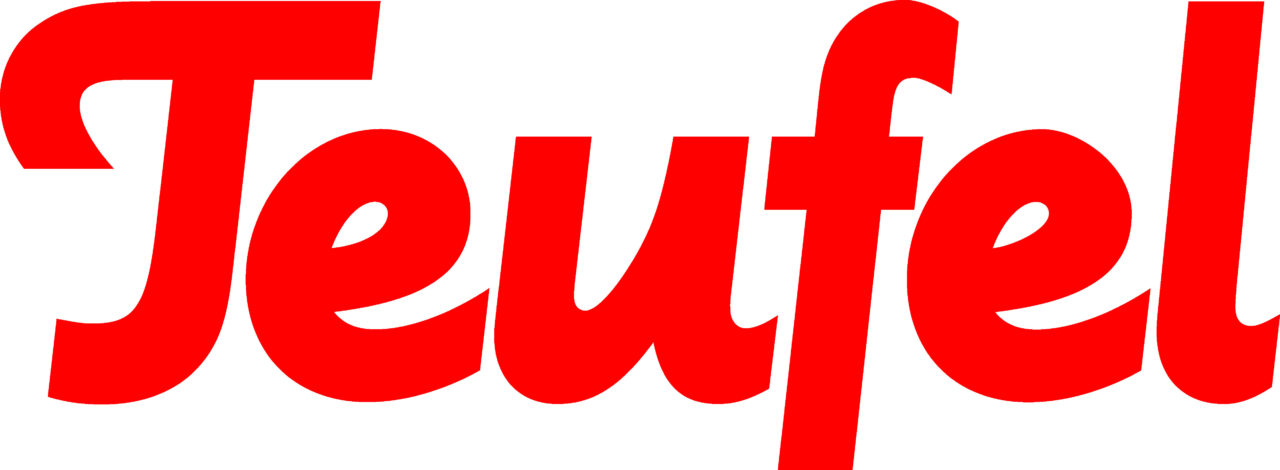
Teufel is the leading online brand for audio solutions in Europe. The German Group designs and distributes a wide range of audio products on a direct-to-customer business model. The Group operates mainly in Western Europe & China through localized web shops and a growing number of brand stores. The Company’s business model is characterized by its R&D team, asset-light, co-development and a direct sales approach.
Investment year: 2018
Sector: Electronics & audio products
Revenues 2018: €106.2m
Staff: 206 (FTE)

Teufel’s products are conceptualized and designed in Germany and later co-developed with different international suppliers. Teufel has implemented several measures to manage the relevant ESG issues facing its supply chain.
Teufel has formalized a CSR policy based on the UN Global Compact (ten sustainable business principles). The policy was communicated to all staff in 2018 and outlines the Group’s expectations towards it suppliers to ensure a resilient management of the supply chain.
A Supplier Code of Conduct has been formalized to ensure suppliers and subcontractors comply with the requirements for a sustainable supply chain as outlined in the CSR policy. Furthermore, the Group has developed a supplier audit system which is completed with all suppliers on a regular basis. In addition to quality standards, the supplier audits include central ESG criteria such as child & forced labor, health & safety, freedom of association, discrimination, disciplinary practices, working hours, compensation and environmental management.
“For us at Teufel it is important that suppliers understand how meeting our CSR criteria is beneficial to their performance. For example, how an improvement of workplace conditions is impacting staff satisfaction and ultimately results in improved employee performance and staff retention.”
